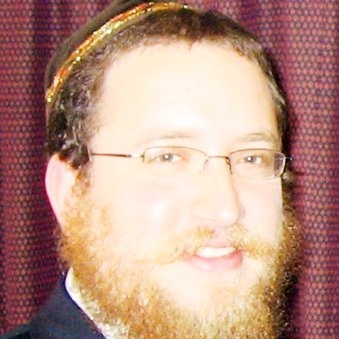
Religion

Who needs rabbis anyway?
Rabbi Asher Deren, Chabad of the West Coast – Cape Town
No more would one man need to rely on another to receive from and develop – or pray to and influence – the will of the creator. This truly egalitarian approach would – they believed – transform the dynamic of the human/divine experience into one where truly “all men are created equal”.
But at the heart of this rebellion of Korach, as we read in this week’s parsha, was a deeply flawed error.
Since the moment G-d called Moshe to Mount Sinai “so that the people will hear me speak to you, and will believe in you forever” the Jewish nation has defined Moshe as the supreme communicator of the word of G-d, and thereafter, as the Zohar says, the “Moshe of every generation”. Whether it was the tefilah (prayer) he offered, or the Torah he received, Moshe’s eternally central role in our relationship with G-d is indisputable.
So, while Korach and his family were steeped in the spiritual rites of their Levite tribe, their desire to break down this divine order (which they believed was Moshe’s own self-inflated importance) ended in tragic failure.
But the spirit of his cause didn’t end with him. The persistent myth that asking others to pray for us is somehow “unJewish” couldn’t be further from the truth. (Perhaps the influence of other faiths has seeped into our own consciousness, distorting our own heritage.)
When people question me as a Chabad rabbi in South Africa on the source for asking the Rebbe (Rabbi Menachem Mendel Schneerson) to pray for me – and my encouragement of others to do so as well – I refer them to the “secret handbook of Chabad hasidim”. It’s called the Chumash. There, the Torah is replete with examples of the unique power of Moshe’s prayer (as well as of other tzaddikim (spiritual leaders) on behalf of the Jewish people. And yes, like in last week’s parsha, with Calev praying at Chevron, even after their passing through, asking for their prayers at their resting place.
This Shabbat, 6 July, is the 25th yahrzeit (anniversary) of the Rebbe, and with G-d’s help, I hope to spend this day, on your behalf, at the Rebbe’s resting place in New York City asking that he pray for me, for you, and for South Africa, a country in which he uniquely invested great blessing and promise.
This is the Jewish way of living, and I’m proud to be living it, right here in South Africa.




